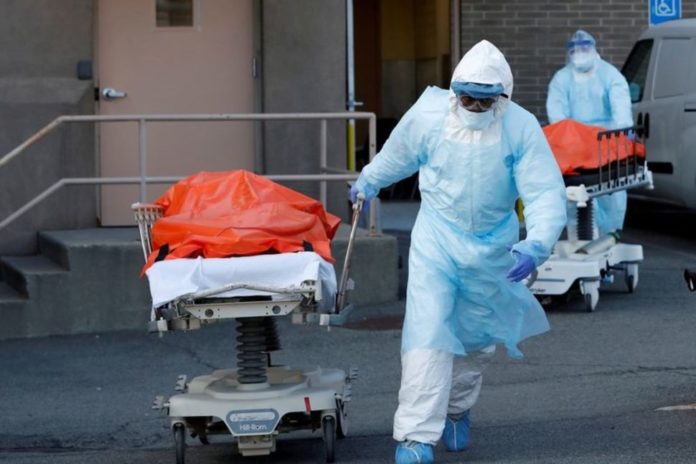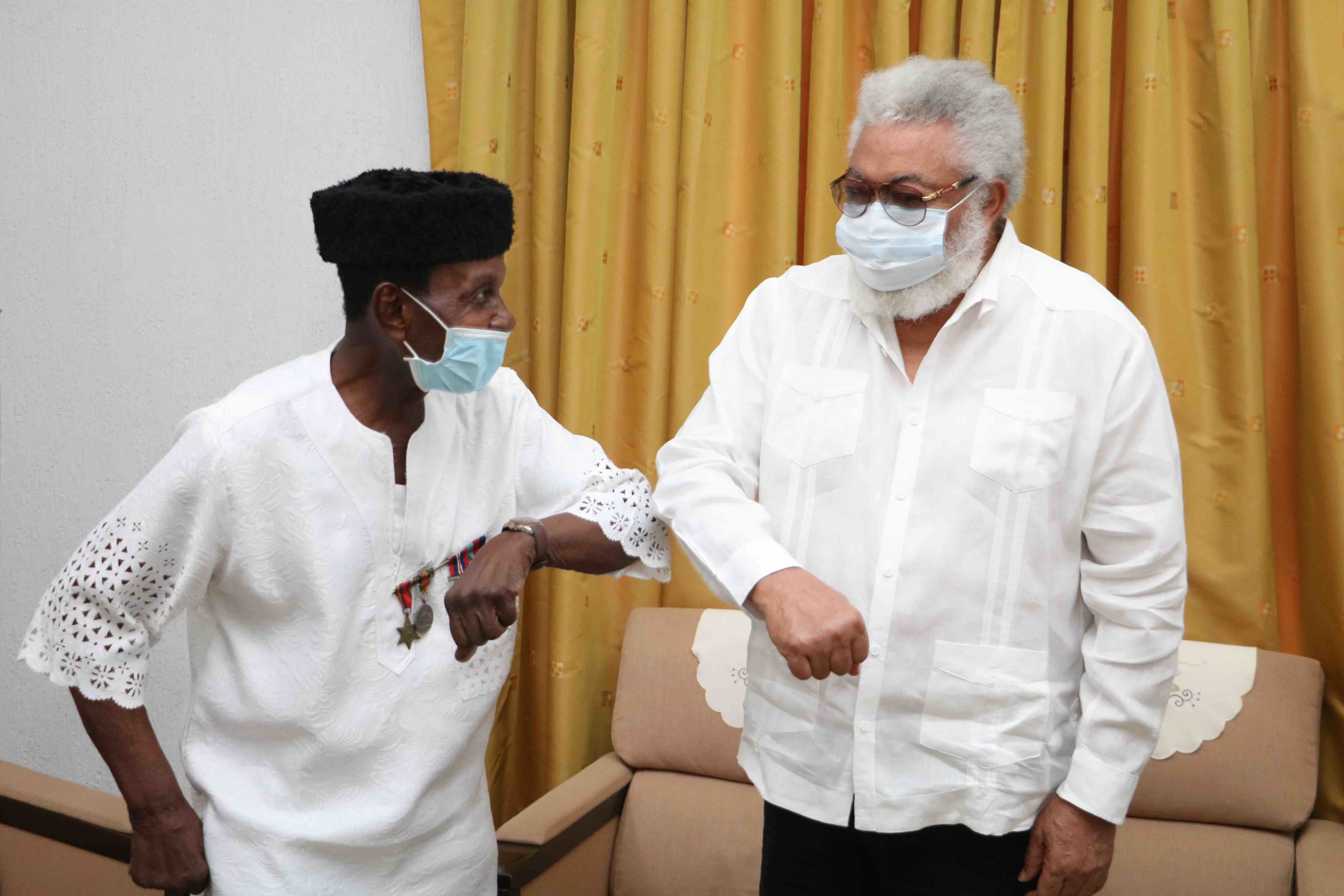|
Getting your Trinity Audio player ready...
|
Ghana has so far confirmed 80,253 coronavirus infections since the virus was last detected in the country earlier in March 2020.
Available figures on the Ghana Health Service’s website show that at least 598 new cases have been recorded as at February 18, 2021.
There are however 6,658 active cases while at least 73,018 have been declared recovered and discharged.
The data also said five more deaths have been recorded pushing the toll from an earlier 572 to 577.
So far 113 persons are in severe condition while 29 remain critical, according to the GHS. Cases detected at the Kotoka International Airport (KIA) currently stands at 1,203 with 1,017 recoveries.
Breakdown of regional cases:
Greater Accra Region – 46, 189
Ashanti Region – 14, 046
Western Region – 4, 742
Eastern Region – 3, 525
Central Region – 2, 783
Volta Region –1, 559
Bono East Region –1, 081
Upper East Region – 357
Northern Region – 970
Bono Region – 924
Western North Region –797
Ahafo Region – 660
Upper West Region – 357
Oti Region – 272
North East Region – 79
Savannah Region – 72
Safe Vaccine
Government has assured that the COVID-19 vaccines arriving in the country are safe as it targets to vaccinate some 20 million Ghanaians.
Officially announcing a roll out plan for the vaccines at a stakeholder engagement forum on Friday 19 February 2021, minister of information-designate Kojo Oppong Nkrumah explained that discussions have been ongoing with industry experts to settle on comprehensive roll out plan for the vaccines.
“As you have followed in recent weeks during the president’s addresses, Ghana is been working on a vaccination roll out programme and has been working to determine which vaccines, when, what quantities, what are the segments of the population, what are the cost to countries who receive the vaccines among others.”
“Today, we are in a position where we can formally inform the nation of where we are on this journey,” Nkrumah noted. He acknowledged that the engagement was important particularly to help cure the long held misconception by some sections of the public that the vaccines are harmful and should not be administered.
Nkrumah said it is important to take inputs from stakeholders in order to demystify this long held misconception and to further engage them on the roll out of the vaccines hence the need for the forum.





